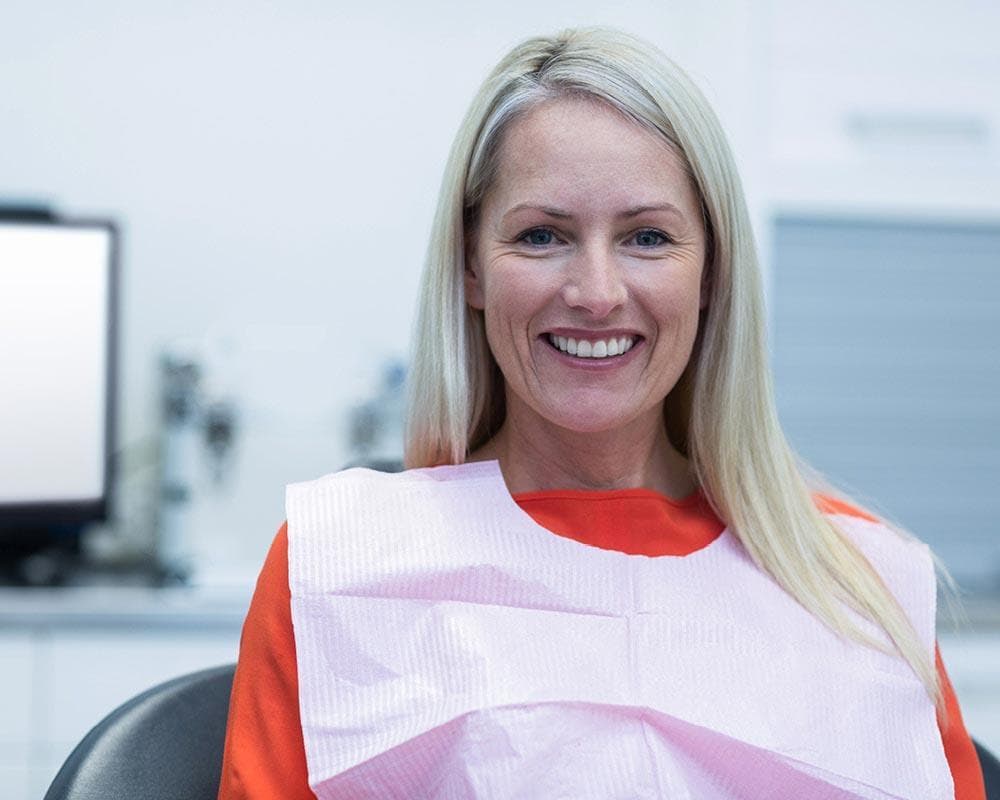If you have chronic headaches and suspect that you may have TMJ, please contact Oak Park Dental Associates for an evaluation.
(708) 848-8237Living with chronic headaches is an enormously costly endeavor. When you can’t bring the pain under control, it can force you to miss time from work and spend money on various forms of headache relief treatment. The problem is that many of types of headache treatment are ineffective. In the meantime, your headaches get worse as do the anxiety, depression, and social isolation you feel due to the ongoing pain.
Did you know that a dentist can cure your headaches? It’s true. Dr. Nathaniel Lim has successfully treated and managed patients with chronic headaches for many years. Although working with a dentist to cure chronic headaches is unique, the treatment is highly effective. While traditional physicians might not investigate what is causing your head pain or mask it by prescribing drugs, Dr. Lim takes his time discovering what triggers your headaches so he can provide you with the most effective ongoing therapy.
Trigger point therapy is a non-pharmaceutical way to treat headaches, but most people don’t have the time or skill to identify their headache triggers. Even when they can identify triggers, following this method of headache relief requires significant lifestyle adjustments and behavioral modification. Unfortunately, most people are not successful at eliminating chronic headaches with trigger point therapy alone.
Surgery is considered a last resort for headache treatment. This is often ineffective and risky. You may actually get worse, despite devoting time to recovery and following all of your doctor’s recommendations.
Temporomandibular Joint Disorder (TMJ) is the name for a set of symptoms caused by damage to the complex structures that contain bones, muscles, and tendons. Common causes of TMJ include injury to the jaw or teeth, misalignment, unconscious teeth grinding, arthritis, and a high level of stress. In addition to headaches, you may experience pain, clicking, and popping in the jaw joints and ears.
Migraine headaches are the most severe headache type caused by TMJ, although there is not yet a clear understanding of what causes them. The best theory is that migraine headaches occur due to the interaction of the trigeminal nerve and its branches. This nerve is spread out across the muscles of the face. Your jaw functions properly when its branches work as they should. However, an out-of-balance trigeminal nerve overstimulates your trigeminal ganglion and causes migraine headaches.
Migraine headaches are the most severe headache type caused by TMJ, although there is not yet a clear understanding of what causes them. The best theory is that migraine headaches occur due to the interaction of the trigeminal nerve and its branches. This nerve is spread out across the muscles of the face. Your jaw functions properly when its branches work as they should. However, an out-of-balance trigeminal nerve overstimulates your trigeminal ganglion and causes migraine headaches.
Referred pain headaches occur due to a breakdown in communication between your brain and nerves. When the brain incorrectly interprets where a pain signal is coming from, you may experience a headache that originated from jaw pain.
Tension headaches, which are caused by overactive muscle contractions in the head, are the most common type of TMJ headache. The muscles you use to chew are called the muscles of mastication and are the strongest ones in your head. They are also the biggest contributor to tension headaches. Since your jaw muscles interact with other muscles in your head, they can also contribute to tension headaches.




